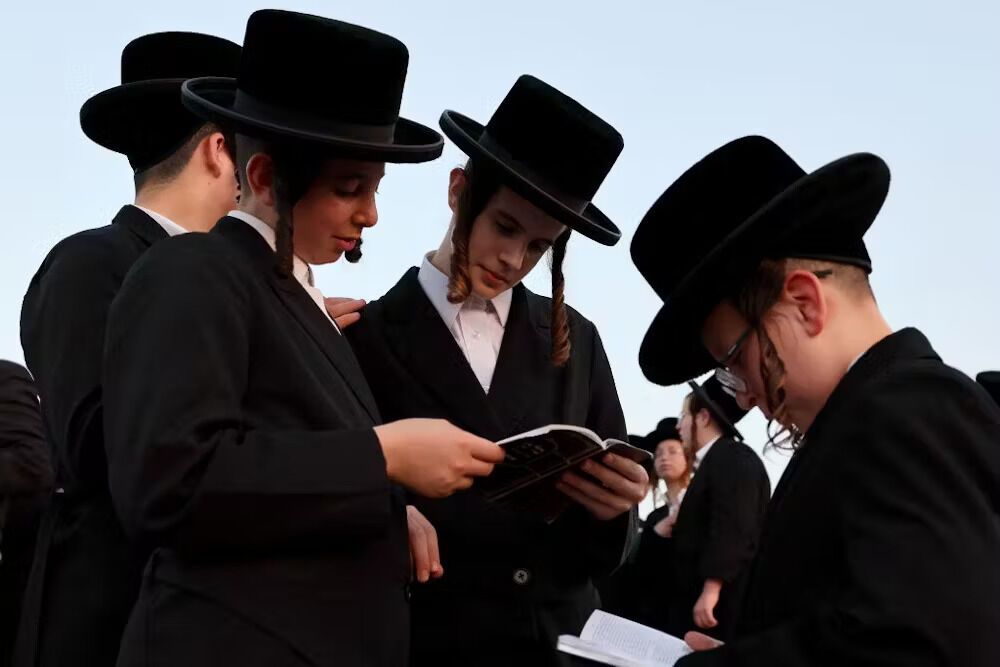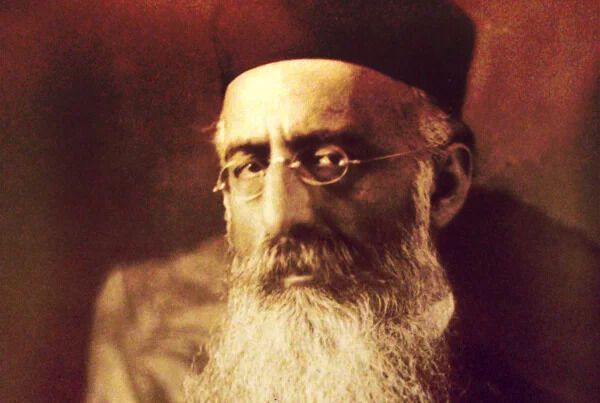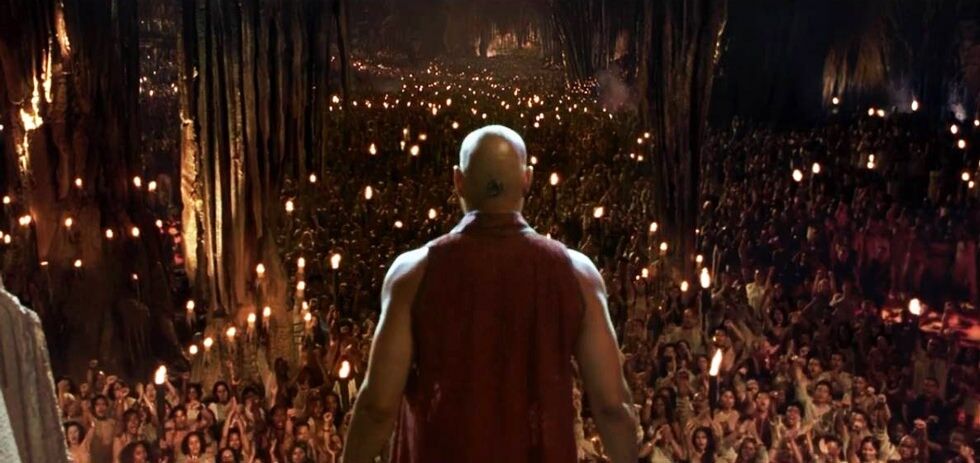The True Spiritual Significance of Zion Revealed

Zion appears frequently in discussions about spiritual concepts, yet its precise significance can confuse many. In various contexts, Zion carries different meanings tied closely to Judaism and Christianity. This exploration aims to clarify the spiritual significance of Zion. This is prepared by SSP.

A Synonym for Jerusalem and Israel
The term Zion, or "Tsiyon," appears numerous times in the Bible, mainly in the Old Testament. It holds varied meanings, primarily seen as synonymous with Jerusalem and, by extension, the land of Israel.
The term first appears in 2 Samuel 5:7, where David captures Mount Zion and names it the City of David. Today, this area is acknowledged as an early Bronze Age settlement, which evolved into Jerusalem. Over time, "Zion" extended to refer to Jerusalem as a whole and eventually the biblical Land of Israel.
Additionally, this term references the "Daughter of Israel," symbolizing both the city of Jerusalem and its people.
A Homeland for the Jewish People
Zion represents both a metaphorical and literal homeland for the Jewish people. In the Book of Genesis, God communicates to Abraham regarding a Promised Land. This concept reinforces the Jewish identity, wherein they believe they were chosen by God.
Thus, Zion signifies the homeland promised to the Jewish people, representing both an abstract idea and the tangible modern state of Israel.

"Zionism"
In connection to the homeland concept, "Zionism" is a pivotal term. Coined by Nathan Birnbaum in the late 19th century, it describes a political movement founded in 1897. This movement advocated for a national home in the historical Land of Israel, culminating in the establishment of Israel in 1948.
Zionism responded to widespread antisemitism, particularly in Central and Eastern Europe. It remains focused on protecting and developing Israel. A key aspect of Zionism is the claim to the land of Palestine, which continues to contribute to regional conflicts.
Set Aside by God for Worship
For Jews and Christians alike, Zion can refer to a land designated by God for worship and devotion. This meaning extends to naming places, such as Zion National Park in Utah, chosen by Mormon settlers because the landscape resembled natural temples.
These settlers aimed to establish a "City of God," reflecting their desire for a divine sanctuary.
God’s Divine Presence
According to the Old Testament, Zion serves as God's chosen dwelling place. Psalm 132 emphasizes this sentiment: "For the Lord has chosen Zion... here I will sit enthroned." Thus, Zion can also symbolize the presence of God in both an intimate and collective understanding.
Rastafari Interpretations
In Rastafari beliefs, Zion differs significantly. Here, Zion symbolizes a Utopian ideal, embodying peace and unity, where society avoids modern materialistic pressures. Rather than modern Israel, Rastafari sees Zion located in Ethiopia, the cradle of humanity.
Furthermore, Rastafari believers view Africans as God's chosen people and advocate returning them to this Promised Land. The Rastafari movement emerged from the African diaspora in the Americas, similar to Jewish experiences during captivity, opting to "return" to their envisioned Zion.

A Safe Homeland
Zion represents a safe haven from persecution. This principle applies to both Jews, who have faced extensive suffering throughout their history, and Rastafari individuals beginning from slavery. For Jews, Israel signifies protection against existential threats rooted in historical tragedies such as the Holocaust.
Rastafari also regard Zion in Ethiopia as a refuge embodying their hopes and values. Even for non-Jews or non-Rastafari, Zion might represent a sanctuary where spirituality and freedom reign.
Interestingly, the movie The Matrix offers an illustrative example, depicting Zion as a refuge from machines—offering safety and symbolizing a promised land.
A Concept of Utopia
Ultimately, Zion can be regarded as a form of Utopia—a place representing the ideal society. This notion aligns with the historical concept of Utopia articulated by Sir Thomas More. In this sense, Zion becomes a sanctuary where people enjoy freedom, safety, and the ability to worship as they see fit.
Earlier, SSP named 12 spiritual meanings of mushroom.



















